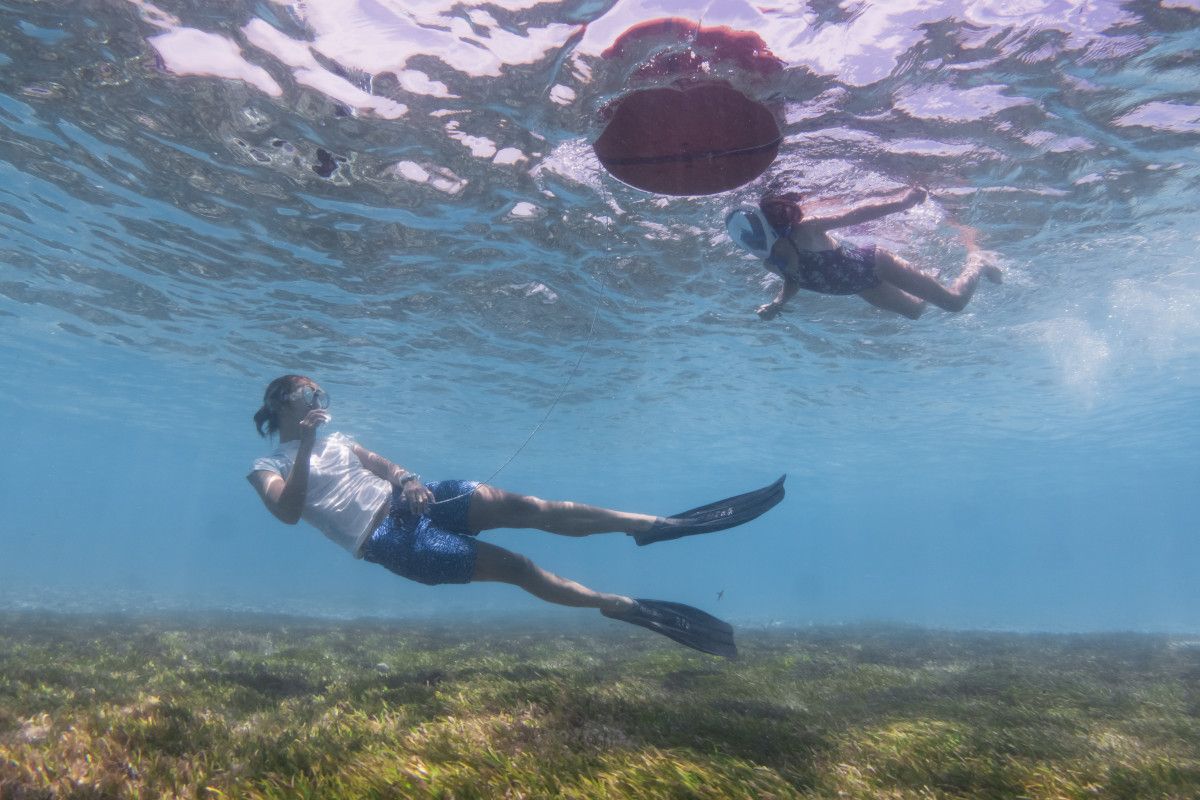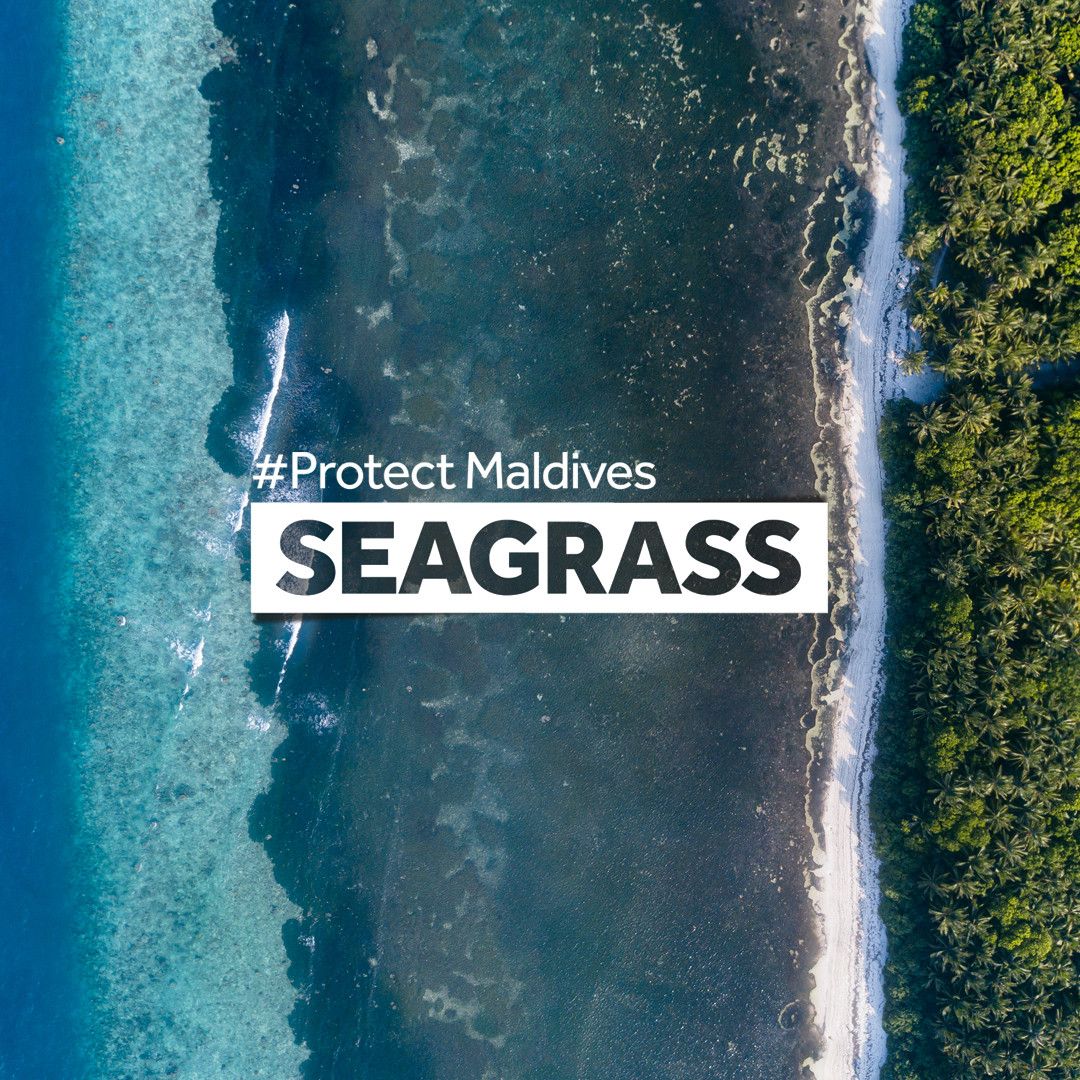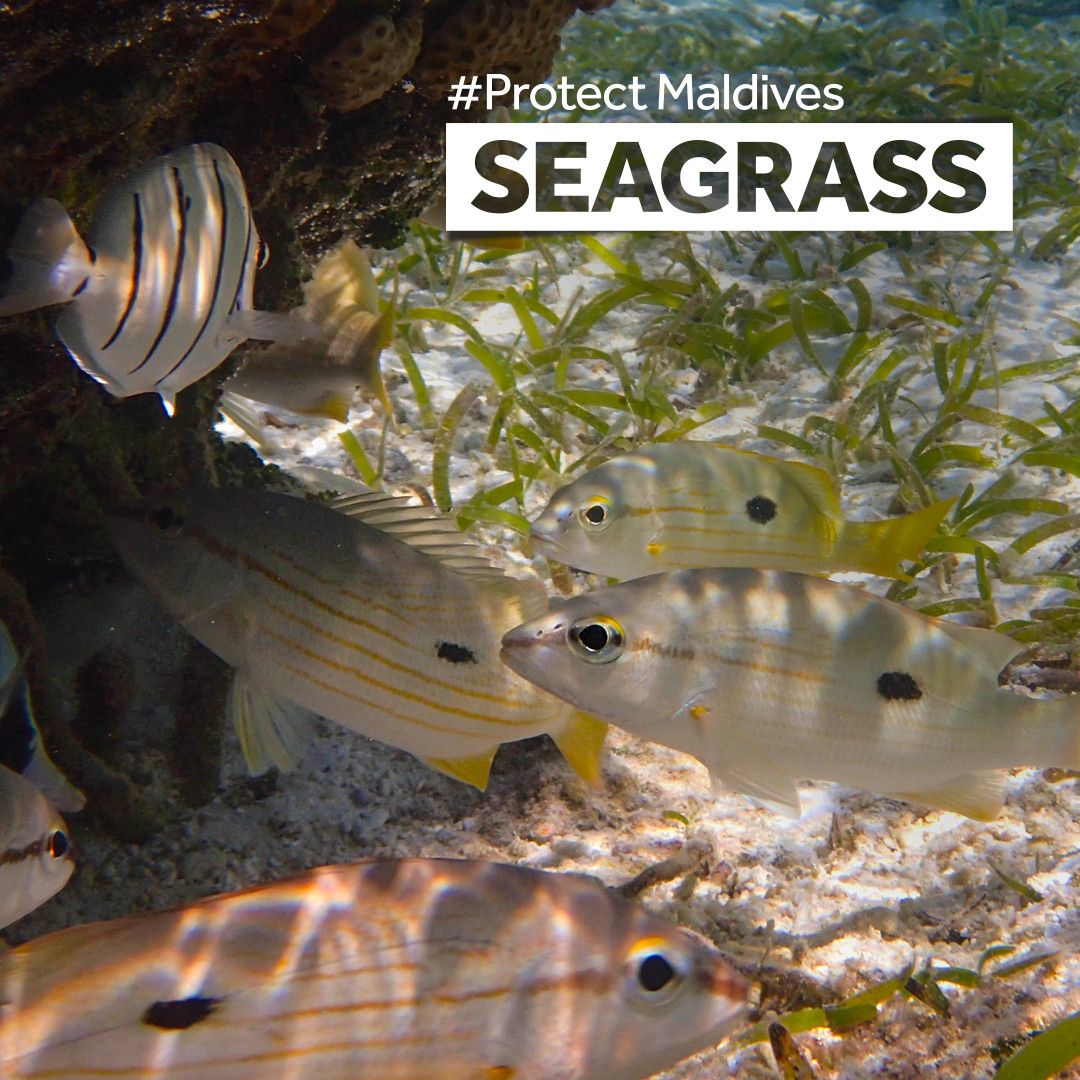News
World Seagrass Day, March 1st 2022, marks four years or seagrass conservation efforts in Maldives, but what happens now?

Four years ago, Six Senses Laamu, alongside 36 other tourist resorts, pledged to protect and promote Maldives seagrass meadows as a vital resource. The #ProtectMaldivesSeagrass campaign, launched by Six Senses Laamu and Blue Marine Foundation (BLUE), aimed to raise awareness of the importance of these habitats and to encourage resorts to protect their meadows, using them as an attraction, rather than removing them.
The campaign focused on positive messaging, drawing from research and examples from across the world, to support the benefits of meadows to the Maldives economy, people, and environment. There is a wealth of research illustrating the benefits of seagrass to a myriad of marine life, from tiny snails and crabs, up to some ocean giants such as sea turtles and sharks.
“As a primary producer, seagrasses and the algae that grows on them form the base of a food chain that directly nourishes small grazing animals” explains Dr Paul York from James Cook University, Australia, who first visited Laamu’s seagrass meadows in early 2019. “These small creatures further support rays, fish and sharks; it really is a complex network leading all the way up to humans.”

“We are only just beginning to understand the value of seagrasses for Maldivian fisheries. In 2019, we recorded 141 species of fish in the seagrass meadows of Laamu Atoll. Up to 80 per cent of these were juveniles, including commercially important species like snappers, emperors, and groupers” explains Shaha Hashim, Maldives Programme Manager, BLUE.
Some of the larger animals are a huge draw to tourists, as evident at Six Senses Laamu where guests often comment on spotting green sea turtles, schools of sting rays and sharks from the villa decks near the meadows. In an effort to help guests connect with all marine ecosystems, the marine biologists at Six Senses Laamu conduct weekly seagrass snorkels and presentations for guests, in addition to including seagrass as a topic within the many kids’ programs at the resort.

“Seagrass is a great place to take kids in particular, it’s safe, shallow and there’s so much to see. “Kids can explore and see the whole ecosystem up close and even do their own mini-research projects in the meadows in a way that you cannot on a coral reef” explains Greg Holder, Six Senses Laamu’s Guest Education Coordinator, and host of the Junior Marine Biology program at the resort.
Despite this, it is no secret that things are changing across Maldives, as coral reef struggle to keep up with temperature rises, and increased storm surges erode islands faster than before. Nothing is more vital to altering this path than those that have been compensating for carbon emissions since the dawn of time.
“Seagrass ecosystems not only capture carbon, but they bury is for millennia” Peter Macreadie, the director of Blue Carbon Lab, Australia, explains. “If Maldives wants to start working towards changing the current trend of environmental impacts, it needs to start by protecting and promoting with these Blue Carbon ecosystems, seagrass meadows and mangrove forests”.

Following the COVID-19 closures, the Maldives tourism industry is back on its feet again and bringing with it thousands of guests from across the globe. “Resorts are open, guests are coming, now is the time to get back to focusing on these big conservation and environmental aims” explains Pip Roe, Head of Marine Conservation for Six Senses Laamu. “In the wake of the pandemic, guests are seeking transformative experiences when they travel. They want to learn, and they want to help, and they want to see their resort is helping too.”
Pip and the team hope to use events such as World Seagrass Day to raise awareness of the issue Maldives faces, and how guests and local communities can help. This year, Six Senses Laamu and BLUE will be sharing a media and information pack for resorts and organizations to share on social media. They will also be introducing a nation-wide seagrass monitoring initiative to provide vital information about just how important seagrass is to the country.